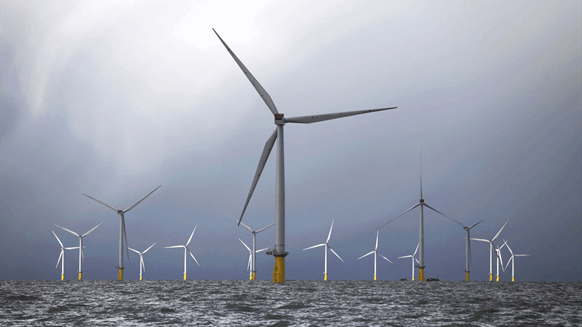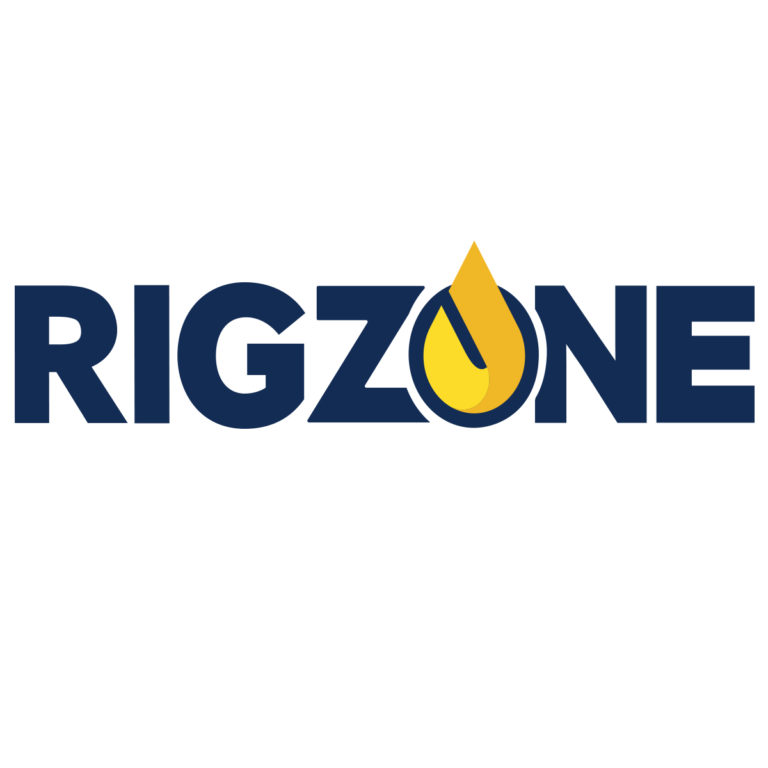
UK Offshore Wind Investment Is At Risk With Windfall Tax

Renewable power executives warned the UK government that investment in new offshore wind farms is at risk because of soaring costs and the Treasury’s windfall tax.
While offshore wind farms are a central plank of the UK’s climate and energy security strategies, higher input costs, rising interest rates and a windfall tax on renewable power production have upended their investment case. Those tax revenues are meant to fill a massive hole in the Treasury’s budget left by gas subsidies.
Top UK executives from firms including Orsted A/S, SSE Plc, RWE AG and Iberdrola SA’s Scottish Power unit met with Chancellor of the Exchequer Jeremy Hunt on Wednesday evening to push for changes to the windfall tax on renewable power production, according to people familiar with the matter who asked not to be named because the meeting was private.
The Treasury confirmed the meeting with renewable power executives but declined to comment further. SSE declined to comment, while the other companies didn’t immediately respond to requests for comment.
One of the most pressing issues discussed at the meeting in No. 11 Downing Street was the offshore wind farms due to be built in the coming years with the support of government contracts to sell power at fixed prices. The projects agreed earlier this year were set to power more than 8 million homes at record-low prices, but their viability has been undermined by increasing costs and the windfall tax.
Moreover, the tax — imposing a levy of 45% on any income from power sold for more than £75 a megawatt hour — has removed the incentive to build the wind farms as quickly as possible by eliminating the flexibility that would allow developers to sell electricity at higher rates for an initial period.
Offshore wind growth is critical to the UK cutting its dependence on imported fossil fuels and reaching its legally binding goal to reach net-zero carbon emissions by the end of the decade. Former Prime Minister Boris Johnson ramped up the country’s offshore wind goals earlier this year, vowing to more than triple capacity by the end of the decade as part of an energy security strategy. Even at higher prices, power from wind farms still represents a significant discount to current wholesale electricity rates that are mostly set by natural gas.
To keep investment on track, industry leaders requested changes to both the windfall tax and potentially the contracts that support new renewable power capacity. One request is that the £75 threshold for the windfall tax be pegged to inflation so that it would increase throughout the five-year period it’s in place. They also want an investment allowance to offset the tax burden, similar to the one carved out for the oil and gas industry.
–With assistance from Joe Mayes.
Published at Sat, 17 Dec 2022 07:00:00 -0800



